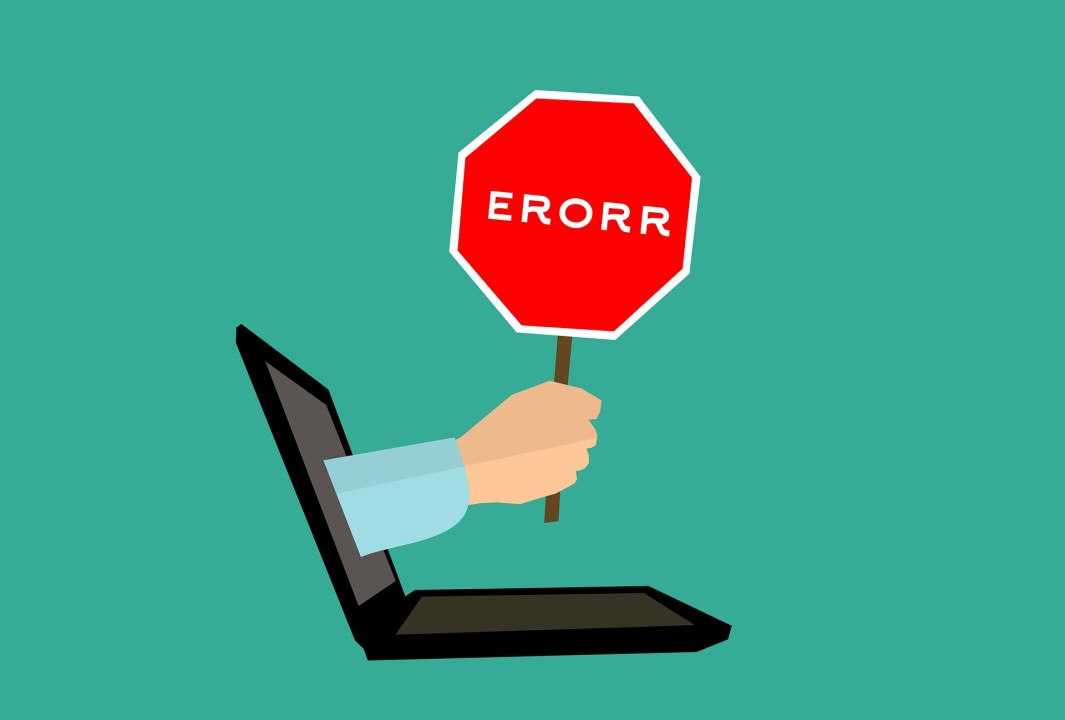
In one of those familiar scenarios where the costs make all the difference, the plaintiff in GI Excellence, Inc. v. Padda (D4d2 Nov. 7, 2022) No. E076843 (nonpub. opn.) won a modest $65,000 award after trial, but then sought over $755,000 in contractual attorney fees. When the trial court denied the fee motion in its entirety, the plaintiff appealed. (The record did not reflect the trial court’s reasoning for the denial.)
But in its Appellant's Opening Brief, the plaintiff failed to address all of the arguments in opposition to the fee motion—including that the award was for misrepresentation claims and not breach of contract, that the plaintiff failed on most of its claims, and that the awards against the various defendants could have been recovered in limited civil actions.
Instead, the plaintiff-appellant addressed only one of the defendants’ arguments in its Appellant's Opening Brief, and then addressed others in its Appellant's Reply Brief. This was, the Court of Appeal held, “a day late and a dollar short.”
Here is the authority to bookmark for the next time your opponent raises an argument for the first time in an Appellant's Reply Brief:
"'An appellant . . . forfeits an issue by failing to raise it in his or her opening brief.' [Citation.]" (Dameron Hospital Assn. v. AAA Northern California, Nevada &Utah Ins. Exchange (2022) 77 Cal.App.5th 971, 982.) "We generally do not consider arguments raised for the first time in a reply brief. [Citation.]" (Raceway Ford Cases (2016) 2 Cal.5th 161, 178.) '"'"Obvious considerations of fairness in argument demand that the appellant present all of his points in the opening brief. To withhold a point until the closing brief would deprive the respondent of his opportunity to answer it or require the effort and delay of an additional brief by permission."'"' [Citation.]" (Donorovich-Odonnell v. Harris (2015) 241 Cal.App.4th 1118, 1141.)
The plaintiff did try valiantly to save its appeal. The plaintiff argued that the argument it did timely address in its Appellant's Opening Brief—that the fact that some of its recovery was within the limited-civil court’s jurisdiction did not bar recovery under Code of Civil Procedure section 1033(a)—was the only one that could have supported denial of all its requested fees. But the Court of Appeal reasoned that the defendants’ other arguments based on apportionment—and that the plaintiff failed to carry its burden which fees were recoverable—was not a frivolous basis for denying the fee motion.
Before the hearing where it denied the fee motion, the trial court issued a tentative ruling giving its reasoning. And the trial court ultimately adopted its tentative. But the trial court did not memorialize the reasoning in the tentative in any order of the court. And the plaintiff-appellant did not make a record of the tentative—such as by filing a notice of ruling or notice of entry.
Had the plaintiff made the tentative part of the record, the plaintiff’s decision to be selective in its appellate arguments might not have been fatal. But ordinarily, a ruling will be upheld on any available basis. Here is the authority to bookmark on that point:
"'A judgment or order of the lower court is presumed correct .... [E]rror must be affirmatively shown.'" (Denham v. Superior Court (1970) 2 Cal.3d 557, 564.) Subject to exceptions not applicable here, "an appealed judgment or order correct on any theory will be affirmed, even though the trial court's reasoning may have been erroneous; i.e., appellate courts will not review the reasons for the trial court's decision. [Citations.]" (Eisenberg et al., Cal. Practice Guide: Civil Appeals and Writs (The Rutter Group 2021) ¶ 8:214, p. 8-166.)
H/T Marc Alexander at the California Attorney’s Fees blog.